- These projects aim to improve the efficiency of refineries and reduce their carbon dioxide emissions
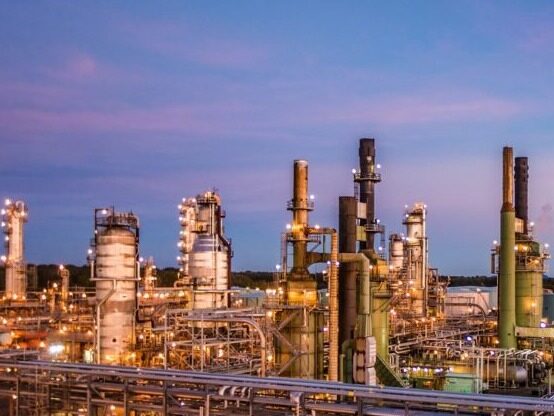
British oil and gas company BP announced plans to invest US$269 million in three projects at its Cherry Point refinery near Bellingham, Washington. Projects include hydrocracking transformation projects, cooling water infrastructure projects and renewable diesel optimization projects.
The investment is expected to create more than 300 local jobs in the next three years, of which the construction industry will provide more than 200 jobs, 25 engineers and 40 support roles.
It aims to increase the efficiency of the refinery, reduce its carbon dioxide emissions and increase its renewable diesel production capacity. In addition, the investment is in line with its goal of becoming a net-zero company by 2050 and reducing the carbon intensity of its products by 50% by 2050. David Lawler, Chairman and President of BP America, said: "BP's new investment in Cherry Point is built on half a century of innovation in Washington State. This will enable us to provide low-carbon energy while creating jobs in our operations. And reduce emissions."
The company will invest US$169 million in the Hydrocracking Improvement Project (HIP) to improve efficiency and strengthen maintenance to reduce downtime and related incidents. Once completed, the refinery's hydrocracking unit will convert natural gas by consuming less hydrogen, less heat input, and generating less carbon dioxide emissions. Work on the hydrocracking unit is scheduled to begin later in 2021 and is expected to be completed in 2023.
BP will invest $55 million in cooling water infrastructure (CWI) projects to strengthen cooling water infrastructure, increase utilization, improve energy efficiency and reduce carbon dioxide emissions. The construction of the CWI project is expected to begin later in 2021 and is expected to be completed in 2023.
It is estimated that the HIP and CWI projects can reduce the carbon dioxide emissions of Cherry Point operations by approximately 160,000 tons per year. The company will invest USD 45 million in the Renewable Diesel Optimization (RDO) project to more than double the refinery's renewable diesel production capacity. The increased production capacity of the RDO project is expected to reduce the carbon dioxide emissions of diesel produced by Cherry Point by approximately 400,000 to 600,000 tons per year. Keywords: international engineering news, foreign engineering project information
Amber Russell, BP's senior vice president of refining, terminals and pipelines: "Since we first started producing renewable diesel, the success of our team has made these projects possible. We are very pleased that Cherry Point continues to move towards a low-carbon future. This The work shows that refining can play an important role in helping bp and the world reach net zero."Editor/Baohongying
Comment
 Praise
Praise
 Collect
Collect
 Comment
Comment
 Search
Search


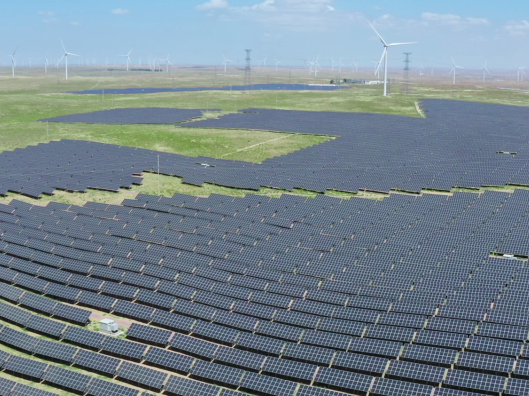
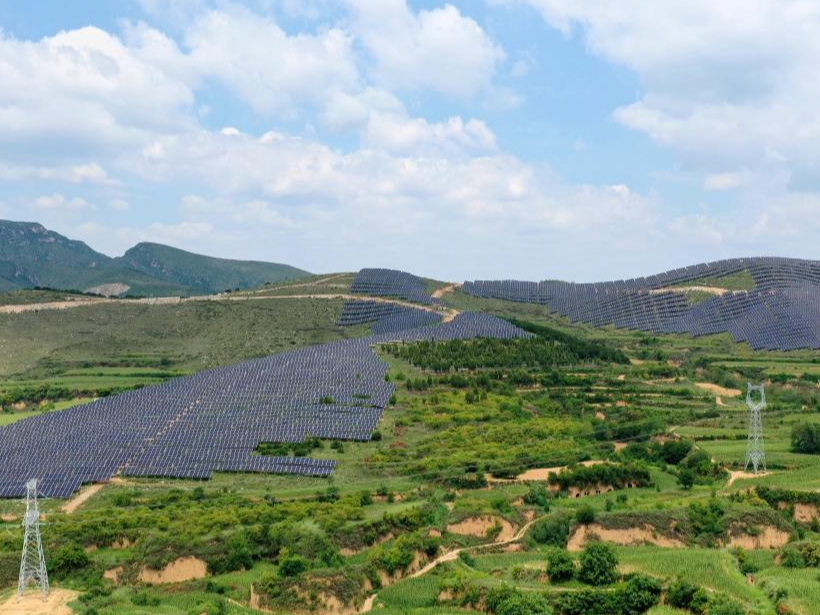
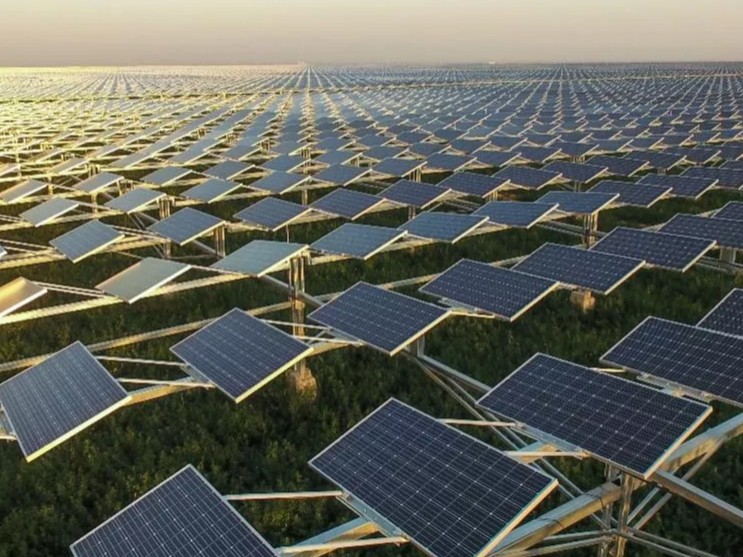

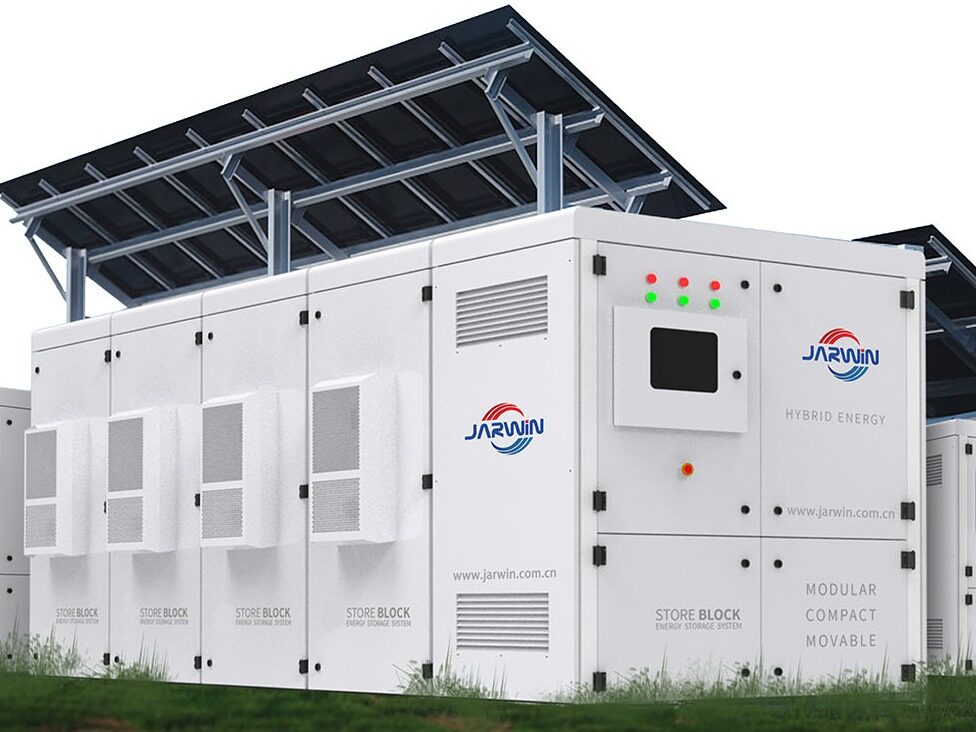
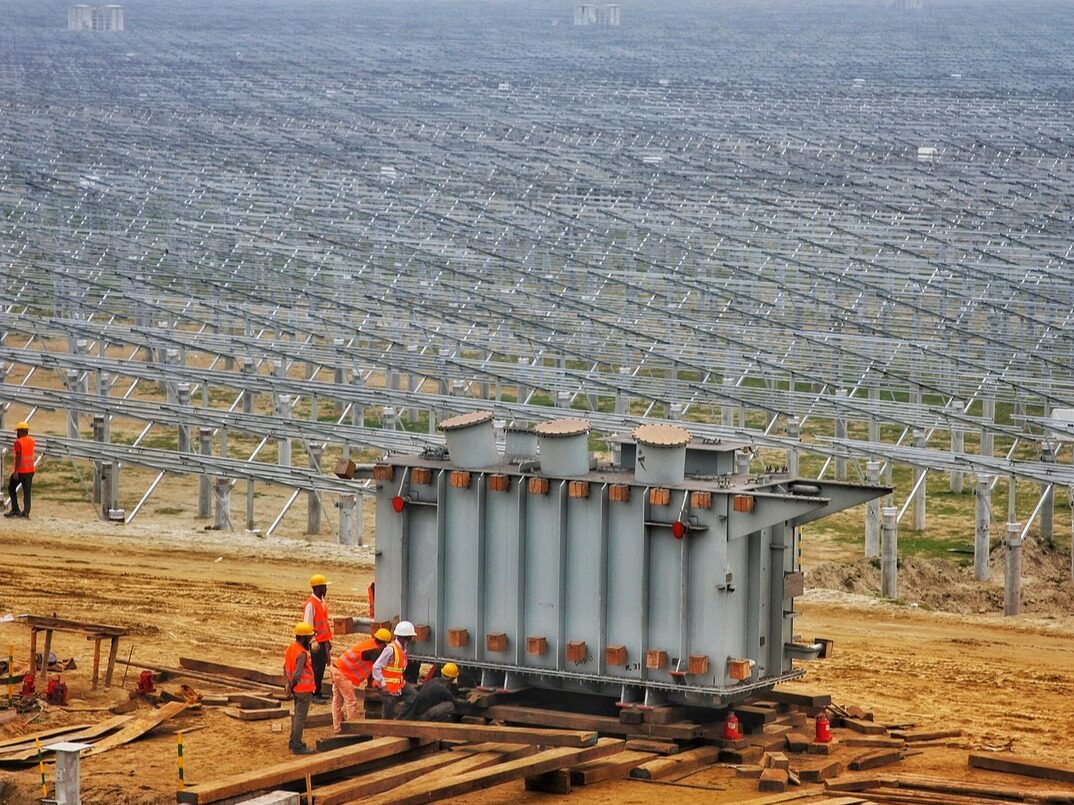






Write something~